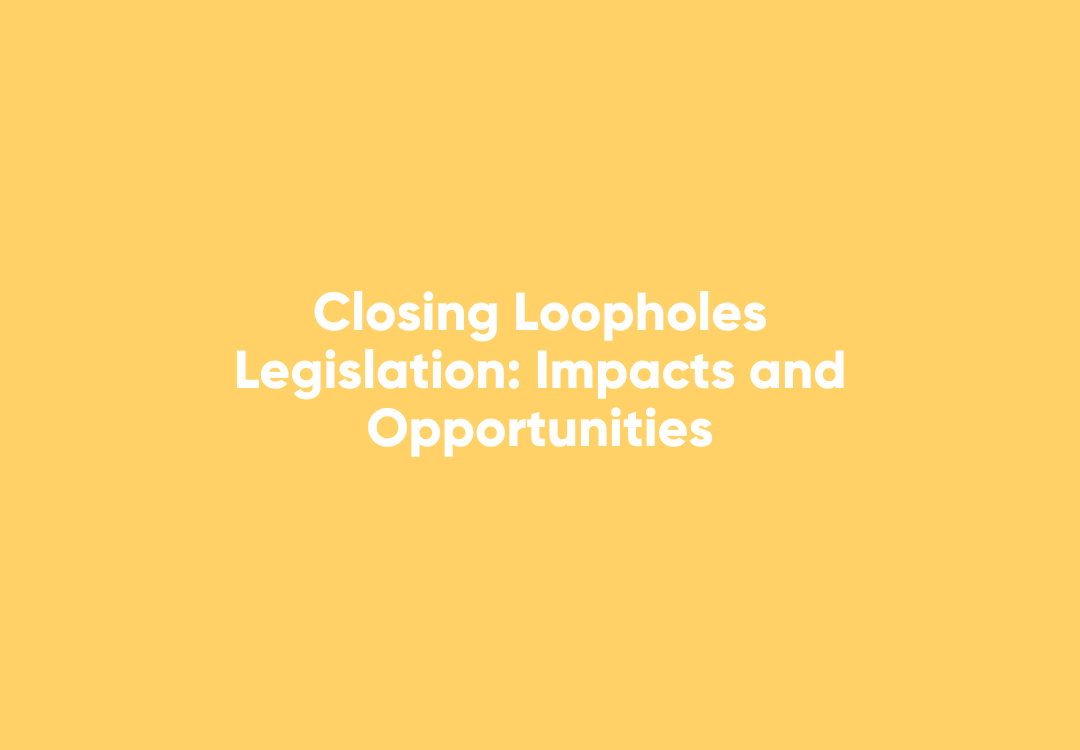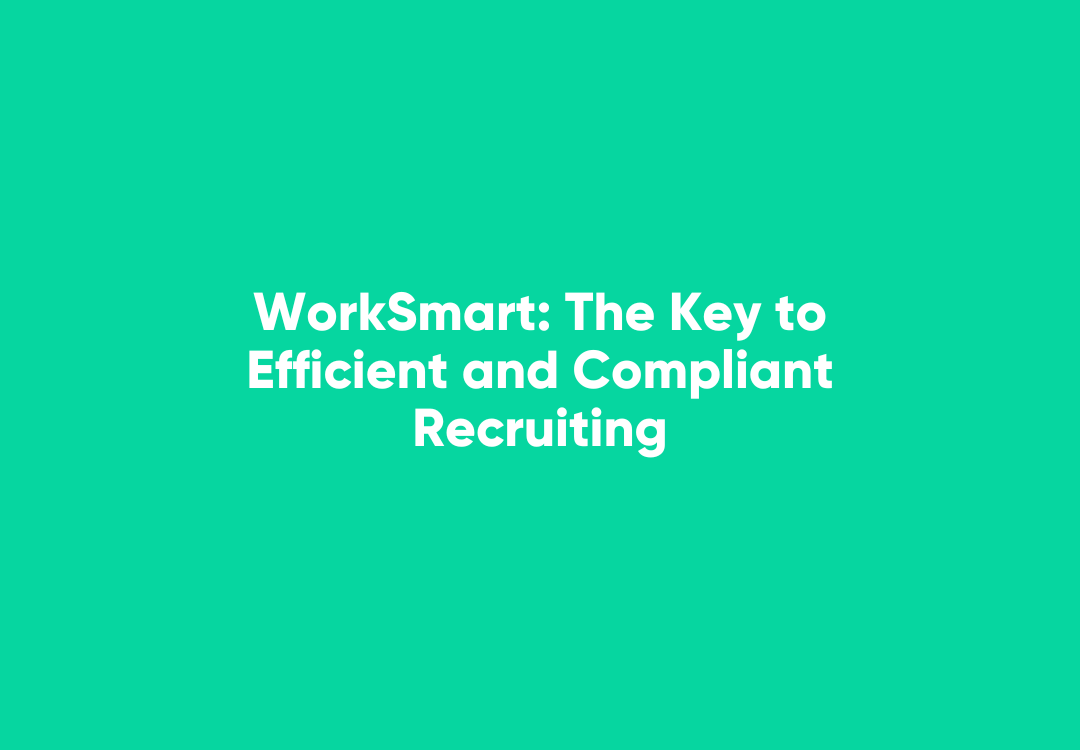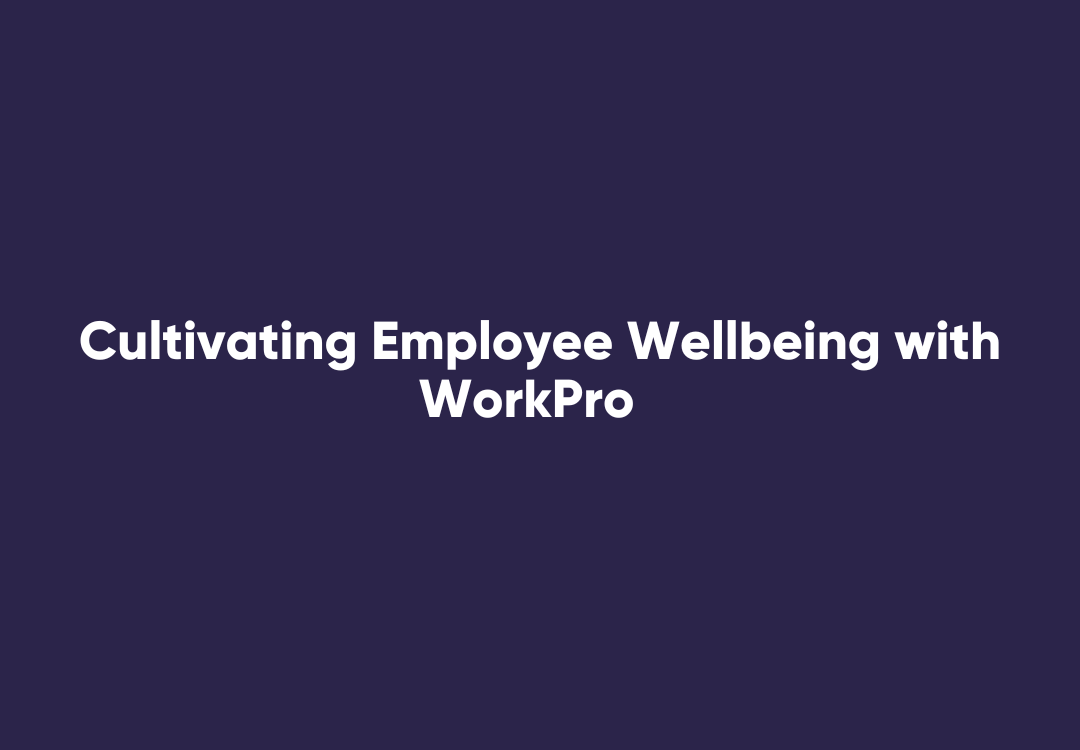Best Practices When It Comes to the Gig Economy
The gig economy continues to be a hot debate, and for good reason.
On-demand services like Uber, Taxify, Deliveroo, Uber Eats etc create convenience and enables individuals to work if and when it suits them as a primary source of income.
Individuals who work for these companies are currently deemed an ‘independent contractor’, which can mean organisations avoid regulations necessary for other employers to abide by such as maximum hours, superannuation and other entitlements, which every worker should be protected by as part of an employment agreement.
When it comes to employee rights for people working for these companies, it’s currently a grey area.
Calls have been made to the Federal Government to set up an independent regulator that will hold these companies accountable and responsible for certain basic worker rights.
As an example, following the discovery that the removal of dangerous asbestos was organised via Airtasker in NSW, work that is often undertaken by unlicensed individuals.
Union NSW secretary Mark Morey expressed his concerns to the ABC regarding Airtasker’s approach or understanding about safety.
These concerns have been echoed in Europe, with a recent court case deeming that Uber does not engage independent contractors, but rather, people are Uber workers.
This is primarily based on the ways that Uber controls the working conditions of their drivers.
Xavier Bettel, Prime Minister of Luxembourg, spoke to the Financial Times about what he thought may go wrong with Uber.
“For me Uber is innovation — I really support innovation — but I don’t want to produce people where in 10 years they will have no salaries, no pensions, no security.” – It creates economic issues.
This follows arguments that Uber may not even be part of the gig economy, due to the company’s similarities to the traditional taxi model.
Whilst the prospect of working flexible hours may seem appealing, it is important that there are protections in place to ensure workers are managed fairly and they are safe under these working arrangements as outlined in a recent article by Fasttrack, the growing pains that the gig economy is currently experiencing.
Those who are seeking greater regulation for gig workers are calling for the confirmation and extension of existing laws regarding employee rights amongst other options.
It’s clear that these businesses are operating in a space that is yet to be properly defined – which has the potential to exploit individuals and increase risk to their safety.
For those who are currently looking to start up, or currently run, a business based on the gig worker model, it’s important to make sure workers are managed in accordance with the law.
From an engagement point of view, safety information and training, background checks, citizenship and work rights, managing the currency of work licenses, employment contracts, market agreed pay rates, reporting structures are all looked after.
It’s easy to let induction slip by when people are working on an ad hoc basis, but failing to comply with workplace laws has consequences.
It can also cost your business a lot of labour hours if workers haven’t been properly trained.
In a study conducted by the Mandarin in January, 61% of Australians said they believe that new regulations are needed to cover the rapid changes in the gig economy.
Indeed, gig workers themselves are calling for greater regulation.
It should be noted that change is slowly starting to occur. UK law has meant that in December, Deliveroo made income cover available for its UK riders.
This is a step in the right direction and demonstrates that companies are slowly starting to comply with workers’ rights.
One of the proposed solutions is the concept of portable benefits .
Workers could transfer these from job to job, rather than being locked one employer.
This allows for flexibility for workers, as well, as providing a solution to the lack of employee benefits as flexible workers.
There is significant movement towards this in the US, with Brookings Institute discussing the different ways such a concept could be implemented.
It makes for interesting debate and something that will be followed with great intrigue!


© Copyright 2024 WorkPro Privacy Policy | Terms of Service | Terms of access









